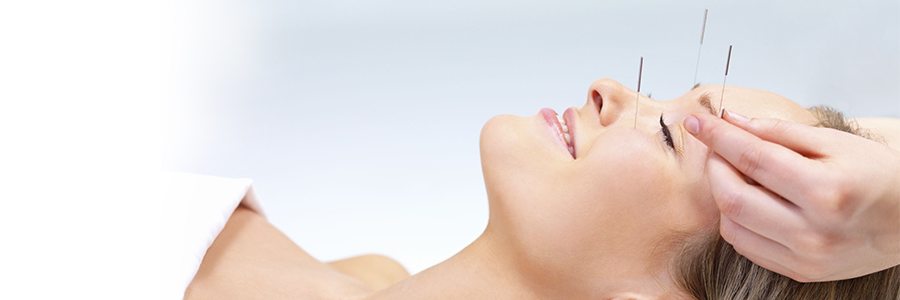Acupuncture for Depression
Not a lot of people know that acupuncture is highly effective means for treating depression. Typically, antidepressant medications cause many unwanted side effects which can include common symptoms of depression. Taking prescription drugs only masks symptoms of depression. Traditional Chinese Medicine works to bring the organ systems and the brain into balance, which is far more effective and less expensive. Rather than taxing the body’s organ systems, Acupuncture works to strengthen them. In fact, research has revealed that acupuncture can help improve depression.

Western Results Vs. Traditional Acupuncture Results
Depression is often treated through many months of therapy before any results can occur as stated by the Anxiety and Depression Association of America. In Western medicine, depression is treated through medication that comes with potent side effects and taxes the body’s organ systems.
On the other hand, acupuncture has been proven to alleviate anxiety and lessen the symptoms of depression, even in one treatment. This means that acupuncture addresses the biological root of the depression and where it stems from, instead of merely dealing with the symptoms.
Why Acupuncture Works for Depression
The theory behind acupuncture is that it restores, builds and redirects the “Qi†or life energy within the body. Although there are people who don’t subscribe to this idea, Oriental medicine experts have actually revealed that “Qi†pertains to the chemical reactions and metabolic functions in the body.
Needles are inserted close to nerves in the problem area, which then prompts the brain to produce feel-good chemicals that alleviate pain and anxiety. This allows your body to heal itself without having to resort to expensive medications that comes with undesirable effects.
The reason why acupuncture has garnered an ever-growing large following in the past decade is because it works. Science has also backed this up. In a study published in 2013, students who underwent just a 20-minute acupuncture session, reported feeling better compared to the group that didn’t.
Although everyone is different and healing is does not have a predictable pattern, it remains that acupuncture is a far healthier option for those interested in bypassing the well known disadvantages that comes with chemical medicines.
